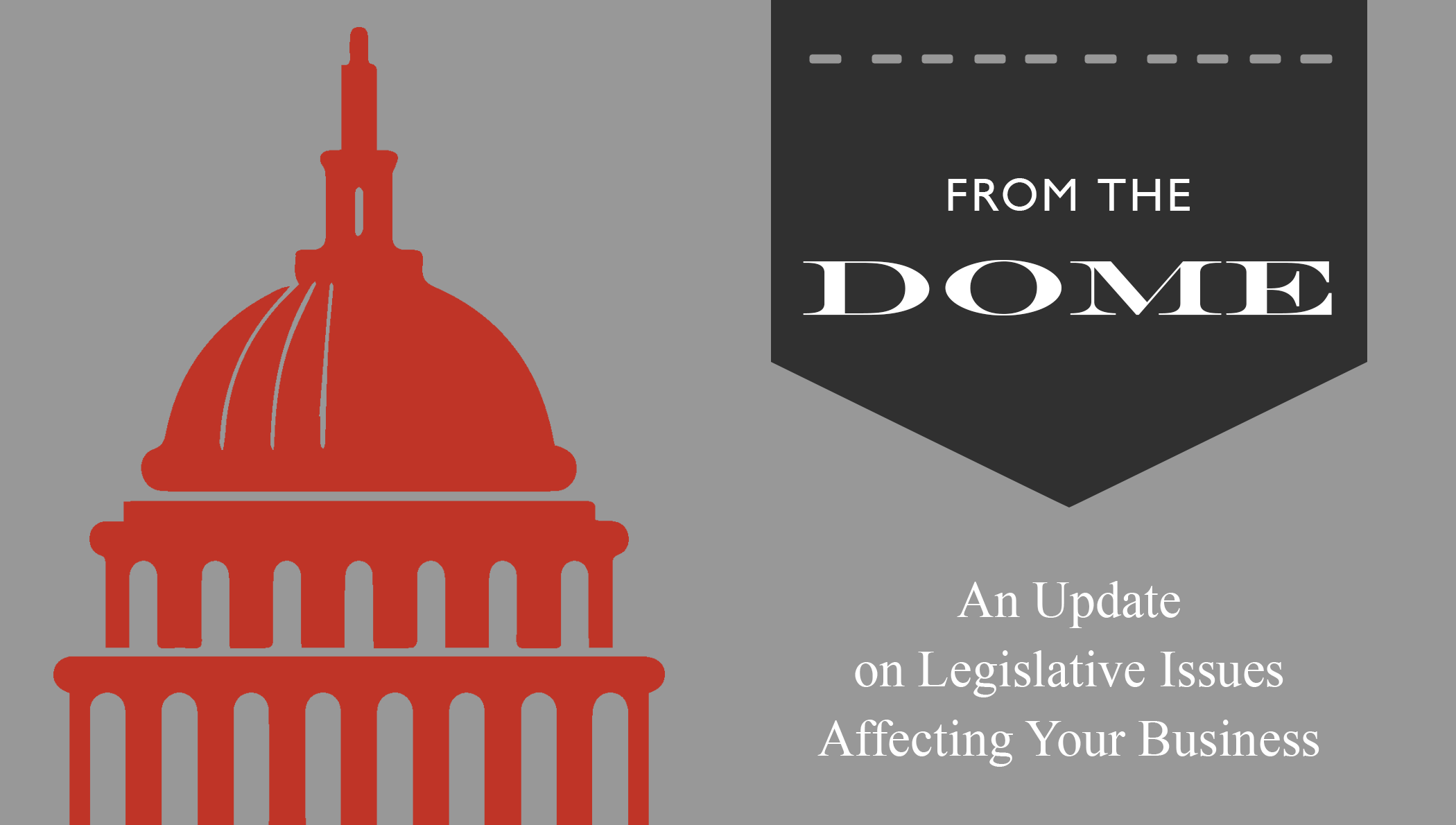 Bills are pending in the Minnesota House and Senate that lower the bar for employees to bring claims of sexual harassment against employers. Members interested in contacting their legislator on this matter can find who represents them and their contact information هنا.
Bills are pending in the Minnesota House and Senate that lower the bar for employees to bring claims of sexual harassment against employers. Members interested in contacting their legislator on this matter can find who represents them and their contact information هنا.
Currently, if an employee experiences harassing conduct in the workplace, she/he has a variety of avenues to seek justice based on the following standard: “Harassment becomes unlawful where 1) enduring the offensive conduct becomes a condition of continued employment, or 2) the conduct is severe or pervasive enough to create a work environment that a reasonable person would consider intimidating, hostile, or abusive.” U.S. Equal Employment Opportunity Commission; link here.
The U.S. Supreme Court first issued the “severe or pervasive” standard in 1986. Under that standard, to create the grounds for a hostile work environment claim, conduct must either be “severe” or “pervasive.” The conduct does not need to be both severe and pervasive. One or the other is enough. This standard is intended to allow valid claims to proceed without flooding the courts with claims.
Legislation proposed in the Minnesota House و Senate would change that standard. The bills would make it easier for employees to bring sexual harassment claims against their employers, specifically by eliminating the “severe or pervasive” requirement under Minnesota law. If these bills became law, any employee could bring a claim against her/his employer for conduct that was neither severe nor pervasive.
In addition, the bills would likely reset the entire body of case law that courts have developed under the “severe or pervasive” standard. For example, under the existing standard, conduct is unlawful only if it’s both subjectively and objectively inappropriate—that is, if the employee herself/himself and a reasonable person find the conduct inappropriate. Also, the judge must find the conduct inappropriate under the totality of the circumstances.
To lose these standards could dramatically increase the amount of sexual harassment litigation brought against employers and make Minnesota an employment law outlier.




